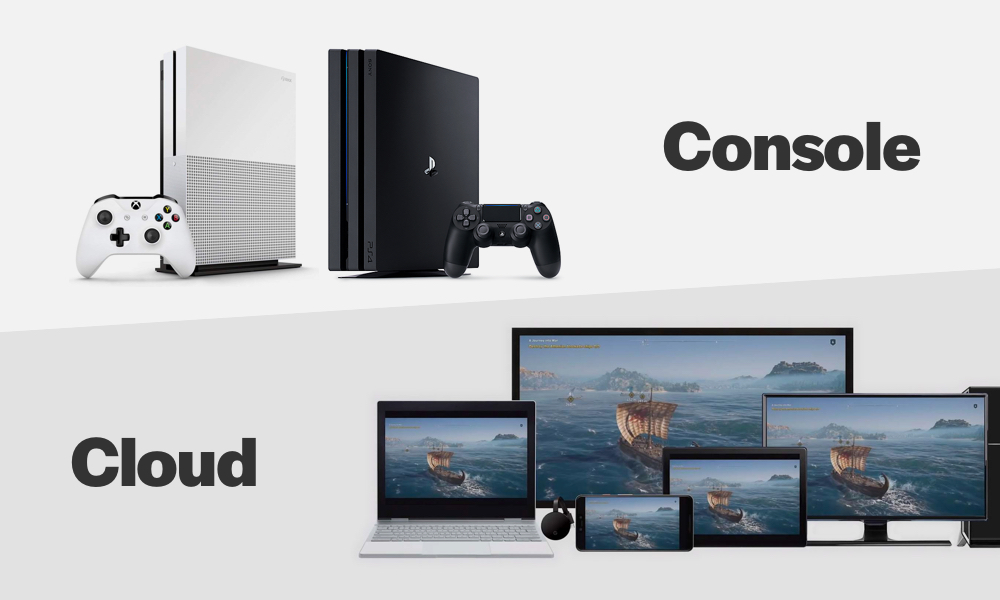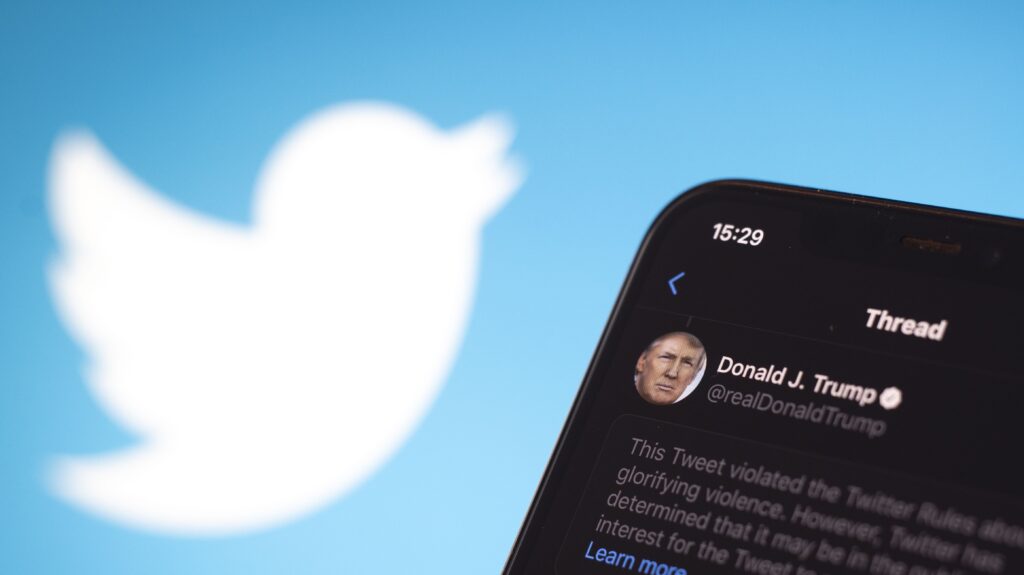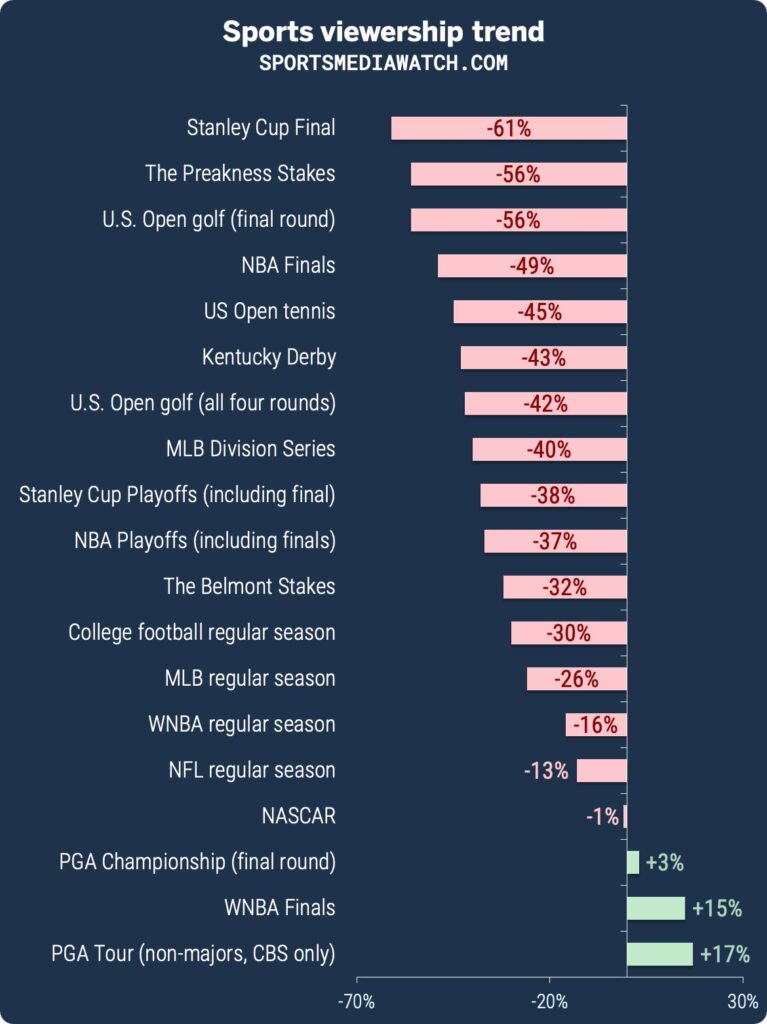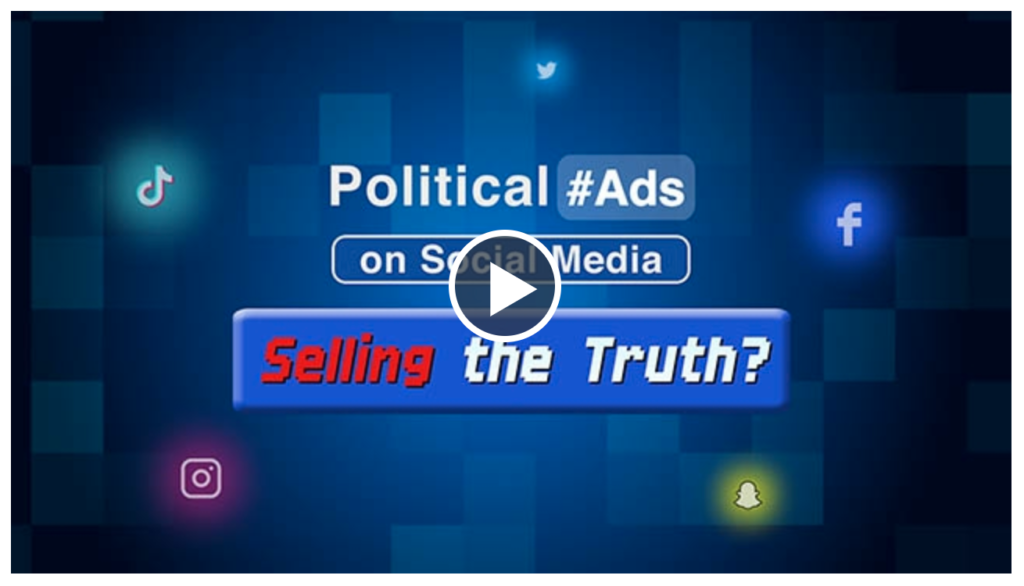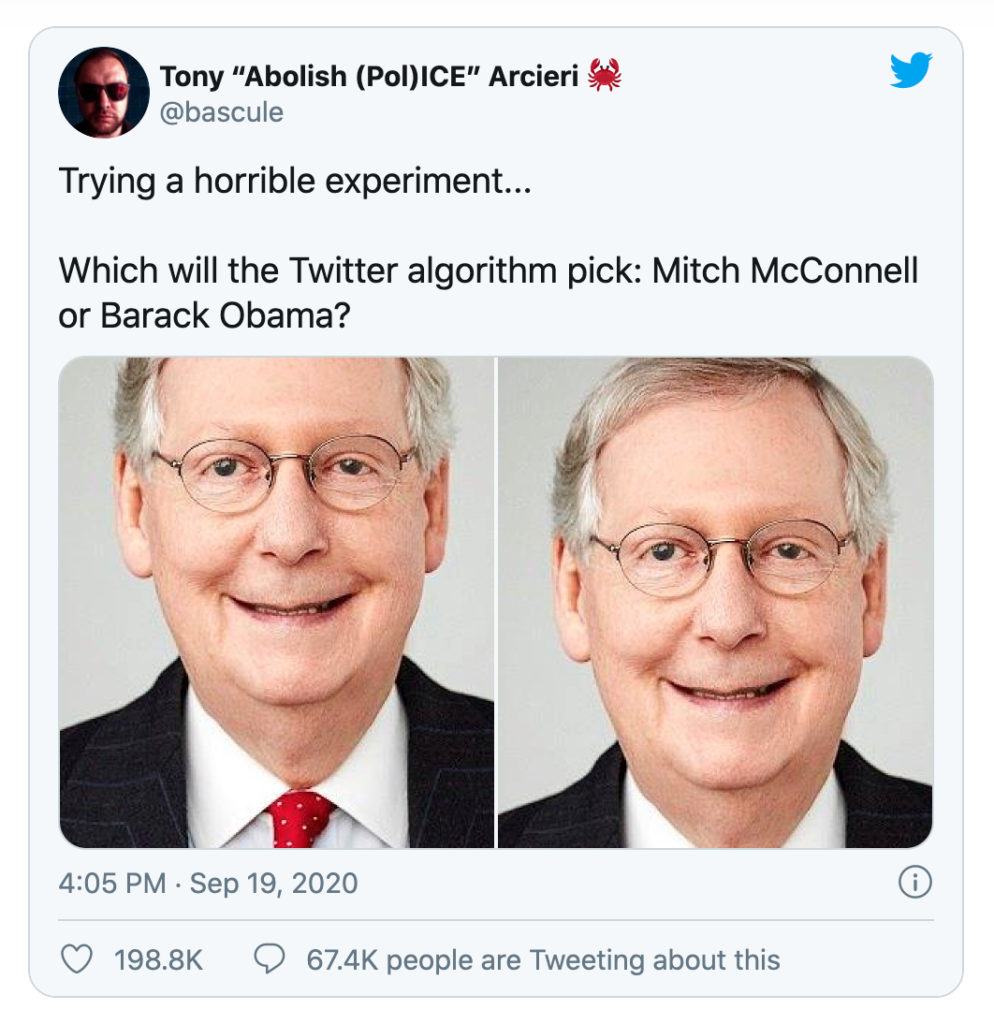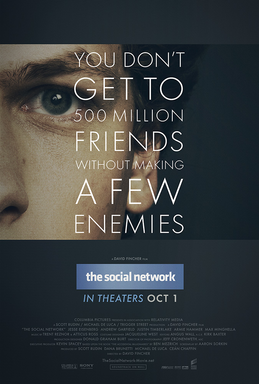Bob Dylan, one of the most iconic singer, songwriters of our era, is cashing in. Today it was announced that Dylan was selling his song library to Universal Music Group for upwards of $200M (some are reporting closer to $300M). With more than 600 songs spanning a career of nearly 60 years, Dylan’s prolific contribution to folk, pop, and rock music is unmatched. You don’t have to take my word for it: Dylan is the only songwriter in history to win a Nobel Prize for Literature, “for having created new poetic expressions within the great American song tradition.”

The massive deal is a great example of why copyright of intellectual property exists. Without copyright protection, Dylan’s musical accomplishments would be worth a mere fraction of its market value. And without the financial incentives provided by copyright protection, artists would be less motivated to create original work.
It does seem counter-intuitive that the counter-culture icon would sell out to a corporate media conglomerate. Universal Music Group is owned by French media oligopoly Vivendi. According to NPR, “[the company] will collect money any time another musician covers any of those songs, and it will earn revenue for allowing the songs to be used in commercials and movies as well as when the songs are streamed, sold commercially on such formats as CDs, or broadcast.” But Dylan has always resisted labels…even the label of non-conformist.
Again according to NPR, citing Universal, “Dylan’s songs have already been recorded by other artists more than 6,000 times, including such famous versions as Jimi Hendrix’s cover of ‘All Along the Watchtower‘ and Guns N’ Roses’ version of ‘Knockin’ on Heaven’s Door.‘”

